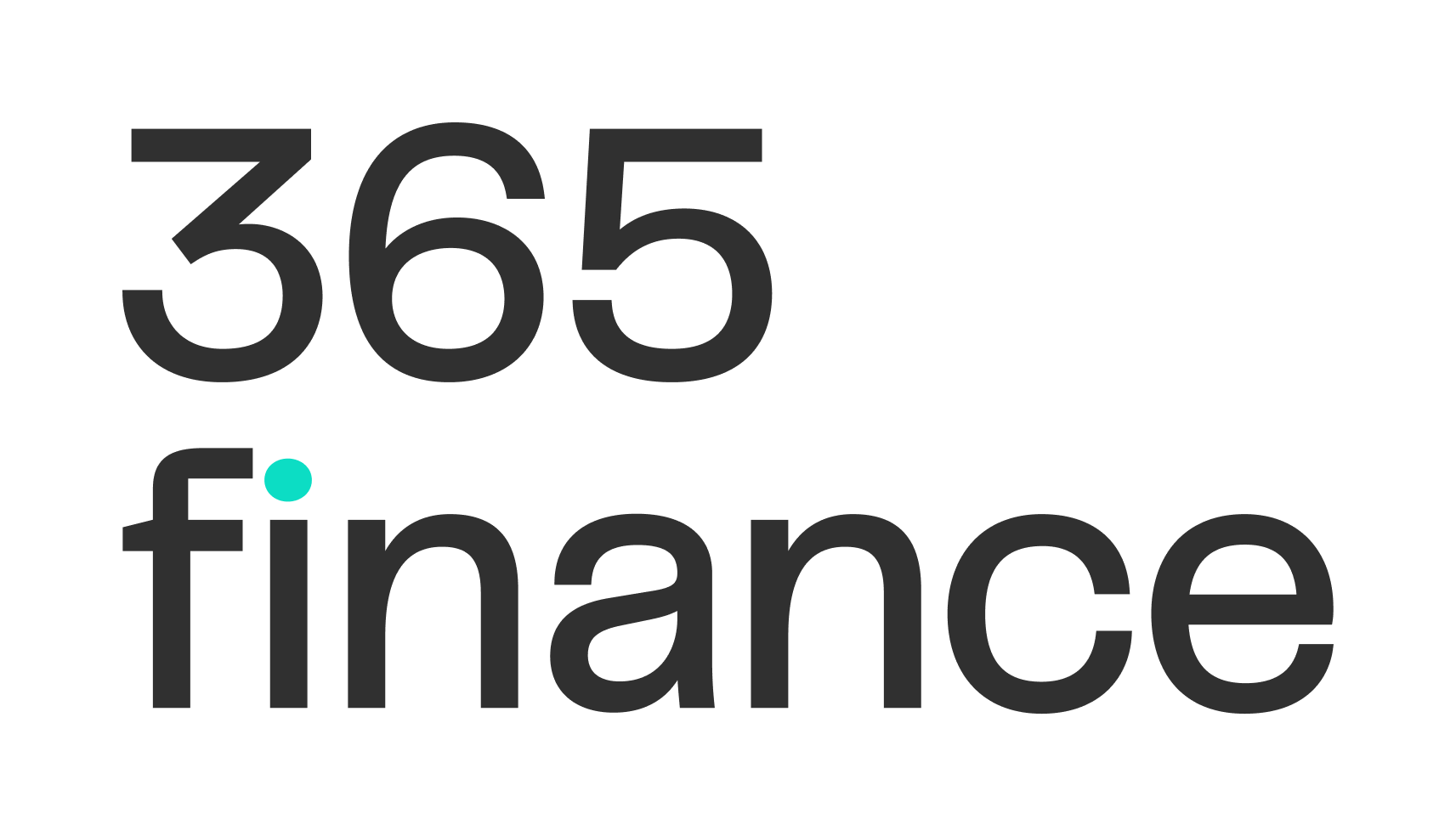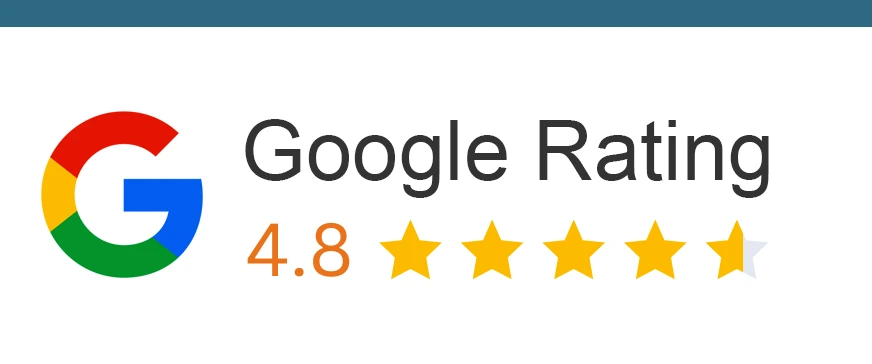While Personal Contract Purchase (PCP) finance offers attractive benefits such as lower monthly payments and flexibility, it is essential to give equal prominence to the significant disadvantages and risks involved. A thorough understanding of these drawbacks is a cornerstone of the FCA’s requirement for fair and balanced financial promotions, ensuring consumers can make fully informed decisions.
Complexity and Potential for Misunderstanding
PCP agreements are inherently more complex than traditional hire purchase or personal loans. The structure, involving a deposit, monthly payments, a Guaranteed Minimum Future Value (GMFV), mileage allowances, and end-of-term options, can be confusing for consumers. This complexity creates a risk of misunderstanding the terms and the total cost of the agreement. The FCA has highlighted concerns that consumers may not fully grasp the implications of the large final balloon payment or the conditions attached to returning the vehicle.
Risk Acknowledgment: The complexity of PCP finance means there is a greater potential for consumers to enter into agreements that are not suitable for their long-term needs. It is crucial to read all documentation carefully, ask questions to clarify any points of confusion, and seek independent financial advice before signing any agreement. Misunderstanding the terms can lead to unexpected costs and financial hardship.
Ownership is Not Guaranteed
Unlike a traditional hire purchase agreement, PCP does not offer a straightforward path to ownership. You do not own the vehicle during the agreement, and you will only become the owner if you pay the substantial final balloon payment (GMFV) at the end of the term. Many consumers who enter into PCP agreements do not intend to pay the GMFV and instead plan to return the car or roll over into a new agreement, effectively creating a cycle of continuous car payments without ever owning the asset.
Risk Acknowledgment: If your goal is to own the car outright, PCP may not be the most direct or cost-effective route. The large final payment can be a significant financial hurdle, and if you are unable to pay it, you will have to return the vehicle, leaving you with no asset to show for your monthly payments.
Mileage and Condition Restrictions
PCP agreements include strict limits on annual mileage and require the vehicle to be returned in good condition, subject to fair wear and tear. Exceeding the agreed mileage will result in excess mileage charges, which are typically charged per mile and can quickly add up to a significant amount. Similarly, any damage to the vehicle beyond what is considered fair wear and tear will be chargeable upon its return. These charges can be a source of dispute and can result in unexpected costs at the end of the agreement.
The mileage and condition restrictions limit your freedom to use the vehicle as you wish. You must carefully estimate your annual mileage and be prepared for the financial consequences of exceeding it. The definition of “fair wear and tear” can be subjective, and it is important to understand the finance company’s standards to avoid disputes and charges.
Potential for Negative Equity
While the GMFV protects you from depreciation if you return the car, it also creates the risk of negative equity if you wish to part-exchange the vehicle. If the car’s actual market value at the end of the term is lower than the GMFV, you will have no equity to use as a deposit on a new car. This can leave you in a position where you need to find a new deposit to enter into another finance agreement, or you may be tempted to roll the negative equity into a new loan, increasing your overall debt.
Risk Acknowledgment: The promise of using equity as a deposit on your next car is a key selling point of PCP, but it is not guaranteed. Market fluctuations and higher-than-expected depreciation can easily wipe out any potential equity, disrupting your plans for your next vehicle purchase.
Higher Total Cost of Borrowing
Although the monthly payments are lower, the total amount payable over the life of a PCP agreement can be higher than with a traditional hire purchase agreement, especially if you intend to own the car. This is because you are paying interest on the full value of the vehicle, including the GMFV, for the duration of the contract. If you choose to refinance the balloon payment, you will incur further interest charges, increasing the total cost even more.
It is essential to compare the total amount payable on a PCP agreement with other forms of finance to understand the true cost of borrowing. The lower monthly payments can be deceptive, and it is important to focus on the overall cost, not just the affordability of the monthly instalments.






































